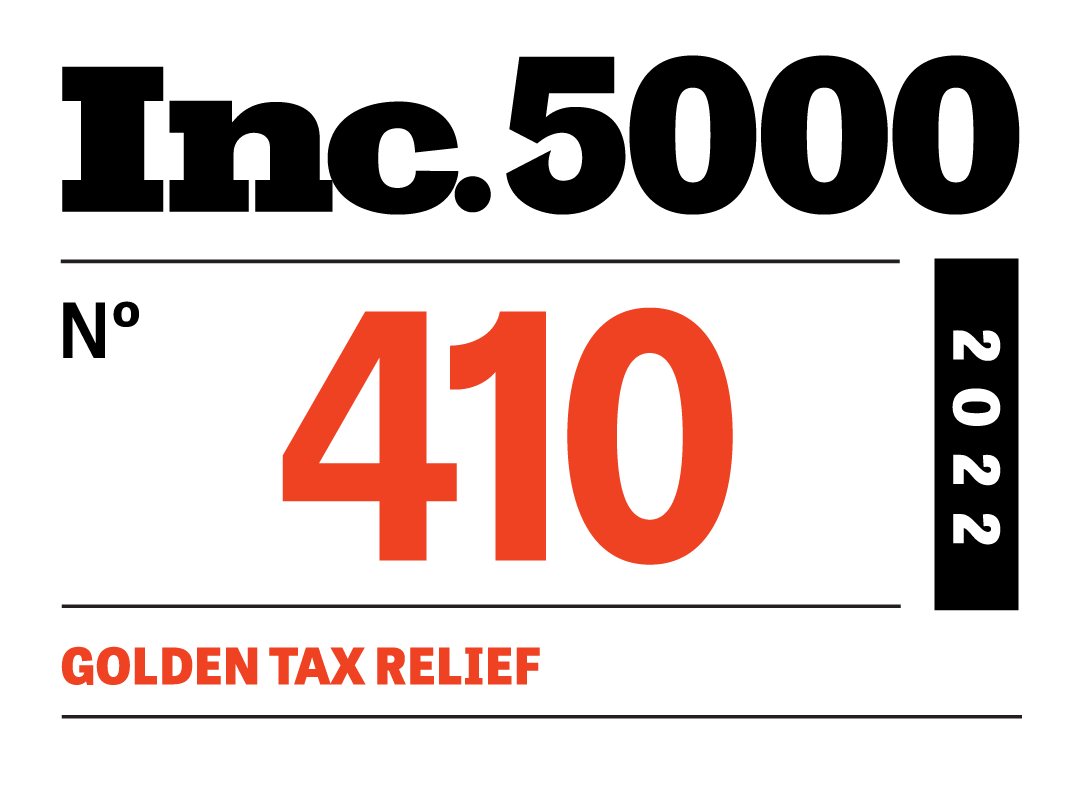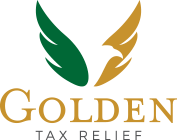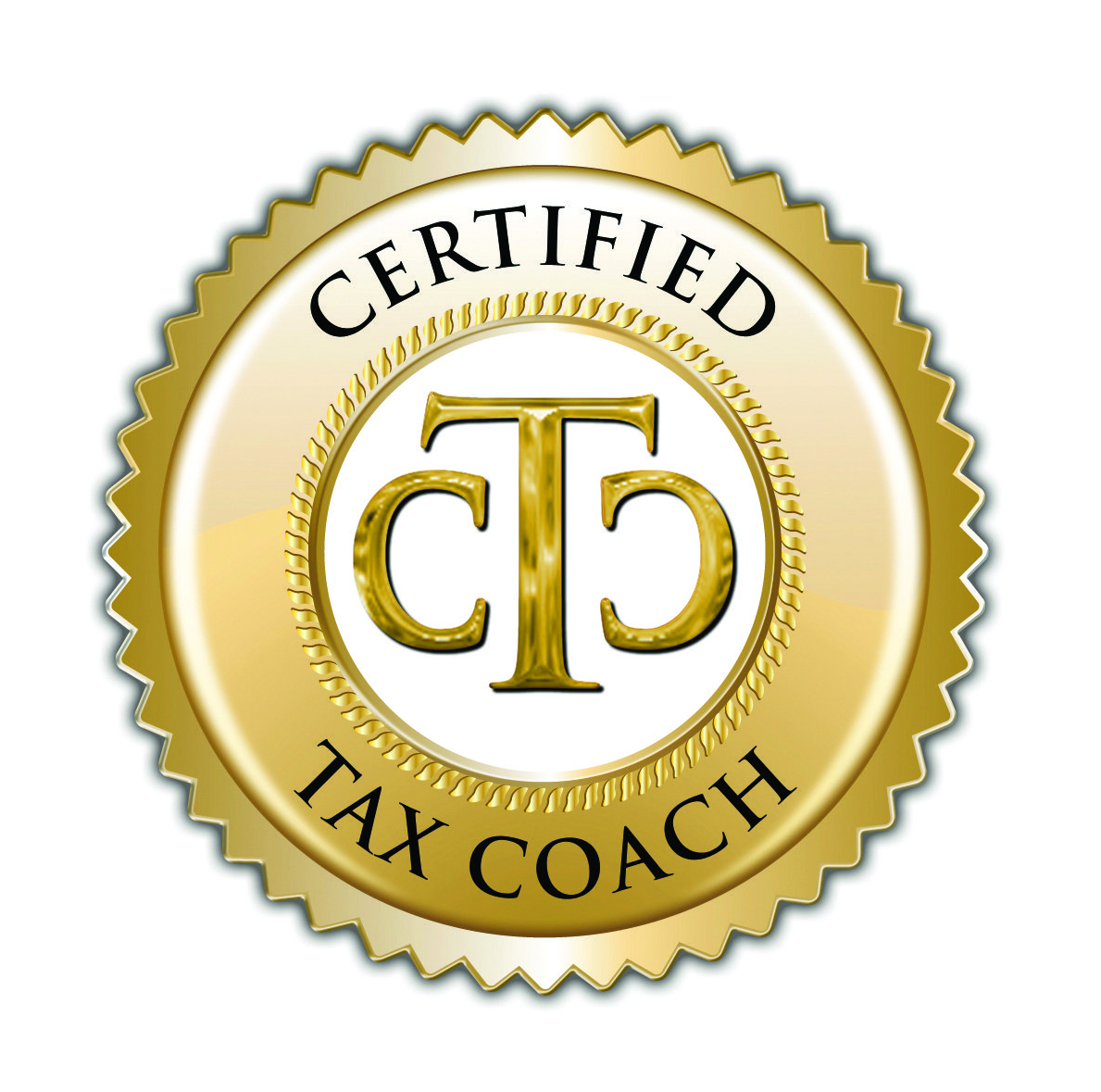Ranked in Top 500 Fastest Growing Companies in The USA

COVID-19 Tax Relief Measures

The Coronavirus Aid, Relief, and Economic Security Act (CARES Act) made many temporary changes in the tax law. The new Consolidated Appropriations Act (CAA) adjusted some of these and left others to die on December 31, 2020.
Below are insights into some of the changes.
Borrow $100,000 from Your IRA and Pay It Back within Three Years with No Tax Consequences
Thanks to the CARES Act, IRA owners who were adversely affected by the COVID-19 pandemic were eligible to take tax-favored coronavirus-related distributions (CRDs) from their IRAs during 2020—but only during 2020.
You could take as much as $100,000. You can then recontribute a CRD back into your IRA within three years of the withdrawal date and treat the withdrawal and later recontribution as a federal-income-tax-free rollover.
In effect, the CRD drill allowed you to borrow up to $100,000 from your IRA(s) and then recontribute (repay) the amount(s) at any time up to three years later, with no federal income tax consequences when all is said and done. There are no limitations on what you can use CRD funds for during the three years.
Status report. The CAA does not extend the CRD deal beyond 2020, but it clarifies that similar tax rules can apply to IRA distributions taken by folks who are affected by specified future disasters.
Suspension of Retirement Account Required Minimum Distributions
In normal times, you must begin taking annual required minimum distributions (RMDs) from traditional IRAs and tax-deferred retirement plan accounts after you reach age 72 (or age 70 1/2 if you turned 70 1/2 before 2020). The CARES Act suspended RMDs for calendar year 2020 as a COVID-19 tax relief measure, but only for that one year.
Status report. So far, lawmakers have not extended this deal.
Small-Employer Tax Credits to Cover Required COVID-19-Related Employee Paid Leave
The Families First Coronavirus Response Act (FFCRA) granted a federal tax credit to small employers to cover mandatory payments to employees who take time off under the FFCRA’s COVID-19-related emergency sick-leave and family-leave provisions.
Specifically, a small employer could collect a tax credit equal to 100 percent of qualified emergency sick-leave and family-leave payments made by the employer pursuant to the FFCRA. But the credit under the FFCRA covers only leave payments made between April 1, 2020, and December 31, 2020. Equivalent tax credit relief was available to self-employed individuals who took qualified leave between those dates.












